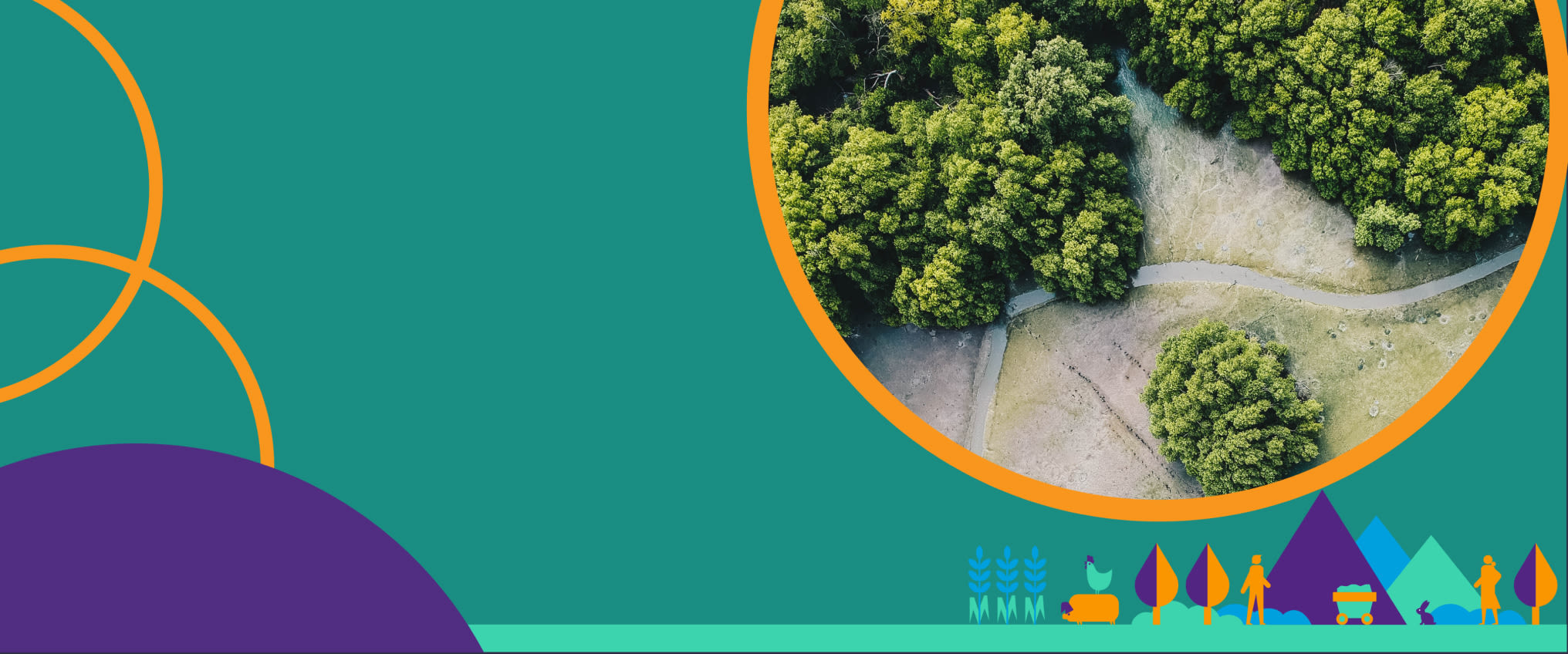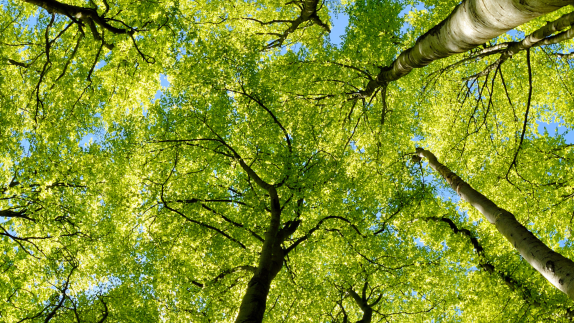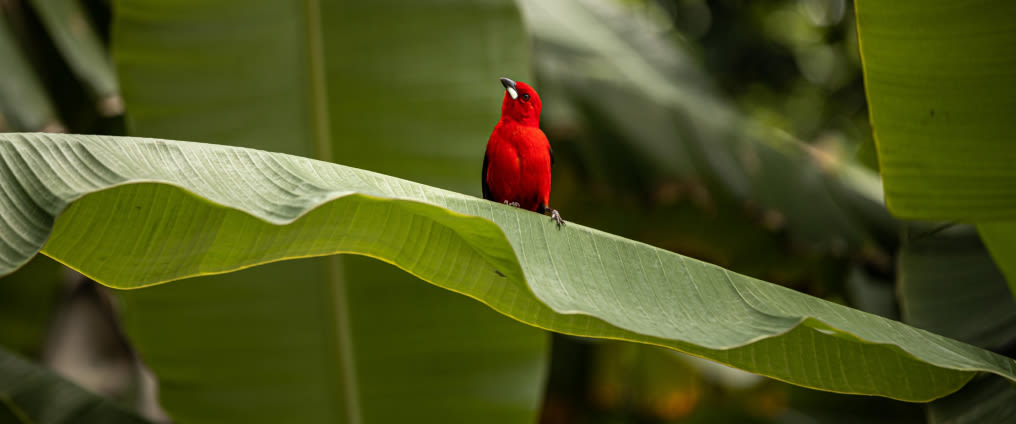The vision intends to inspire governments, stakeholders and initiatives towards a common goal of sustainable economic development based on circularity.
24 February 2022 – Today, the Latin American and the Caribbean Circular EconomyCircular EconomyA systems solution framework that tackles global challenges like climate change, biodiversity loss, waste, and pollution. It is based on three principles, driven by design: eliminate waste and pollution, circulate products and materials (at their highest value), and regenerate nature. Coalition has launched its shared vision for a circular economy in the region. Circular economy in Latin America and the Caribbean: a shared vision will help create alignment and cooperation among countries, and guide future projects. The vision is tailored to the region’s unique characteristics and cultures, and focuses on moving away from linear and extractive economic models that cause environmental degradation, fostering a resilient recovery from the Covid-19 pandemic, and being inclusive to its people.
This is an important milestone of the Coalition, launched in 2021 to implement a circular economy approach in the region through collaborative work between governments, businesses, and society as a whole. In the process of building this vision, dozens of government officials from the region, as well as a wide range of representatives from relevant international institutions, businesses and academia, were consulted to collectively imagine the future of the region based on a circular economy functioning at scale.
In Latin America and the Caribbean, 127 million tonnes of food (more than one third of what is produced) is lost and wasted every year, and approximately 47 million people suffer from hunger in the region. Latin America and the Caribbean's biodiversity is one of the richest in the world, accounting for 40% of the earth’s biodiversity, and 60% of global terrestrial life. However, it has observed a 94% decline since 1975, which is greater than in any other in the world. Nine of the 24 global deforestation fronts are situated in the region, mainly driven by agriculture, livestock production, mining, transport infrastructure, and fires.
The circular economy is built on three principles driven by design: eliminate waste and pollution, circulate products and materials at their highest level, and regenerate nature. This framework presents a way to provide long-term prosperity while addressing some of the biggest challenges faced by our society, such as climate change and biodiversity loss. It is, therefore, an opportunity for the region to position itself as a key player and become a leader in the global transition to a low-carbon, SDG-aligned economy.
Having a common understanding of what a circular economy is and how it should look like in Latin America and the Caribbean is essential for businesses and governments to realise this transition. This inspirational vision will help all actors to cooperate, capture all the opportunities, and drive a new wave of development based on a circular economy model that benefits society, businesses and the environment.
- Luísa Santiago, Latin America Lead, Ellen MacArthur Foundation
There is a strong relationship between the circular economy framework, our climate commitments at an international level, and the economic recovery. The circular economy can help us lower our carbon emissions and the impact on natural resources, as well as generate qualified jobs. We see great potential for the region to implement the circular economy if we work together, and this vision presents the direction towards all countries in the region should aim to.
- Rolando Castro-Córdoba, Vice Minister of Energy and Environmental Quality for Costa Rica
This shared vision of a circular economy for Latin America and the Caribbean recognises the importance of leveraging the biodiversity in the region and addressing social inclusion. Both of these aspects are very unique to the region and much needed in a new era of economic development.
- Milagros de Camps, Deputy Minister of International Cooperation for the Ministry of Environment and Natural Resources of Dominican Republic
It is now time to bring this vision to life with the help of all actors, from businesses of all sizes to governments and policymakers, citizens, customers, and financial institutions. This vision will enable everyone to understand their role, work collaboratively across borders, and work towards the same outcomes.






